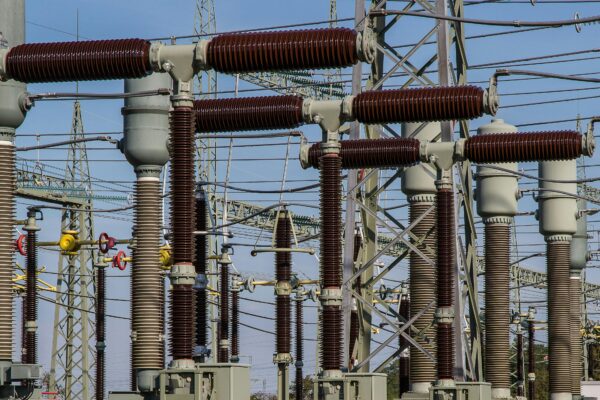The Independent Networks Association (INA) has called on Chancellor Rachel Reeves to overhaul the “inefficient and outdated” regulatory regime governing New Appointment and Variation (NAV) licences. The call was made in the lead-up to the Chancellor’s Spring Statement to the House of Commons on 26 March.
The INA, which represents independent network operators, including water networks, has urged the government to replace the current site-by-site application process with a streamlined national licensing regime. Under the existing system, independent water networks must submit separate applications for each housing development to four separate bodies – Ofwat, the Environment Agency or Natural Resources Wales, the Drinking Water Inspectorate, and the Consumer Council for Water.
INA research has highlighted the impact of this duplication, revealing that regulators have spent a combined 70,000 days reviewing NAV applications over the past two years.
Nicola Pitts, Executive Director of the INA, said: “The current approach to NAV licensing is inefficient, overly bureaucratic and hinders growth. Introducing a national NAV licence would allow independent water networks to focus on supporting the delivery of much-needed new homes.”
She noted that one INA member faced average delays of 212 working days per licence in 2023 – time that could otherwise be dedicated to enabling housing development.
Beyond supporting growth, a national licensing scheme would also free up regulatory resources to focus on high-impact areas. “Streamlining the process would lead to better regulation, as well as a better natural environment as regulators would have more time and resource to focus on environmentally sensitive sites and to investigate poor performers,” Pitts added.
A government spokesperson said a full review of the water sector is underway, which is expected to inform legislation aimed at improving how the UK’s water system is regulated. This forms part of the government’s broader Plan for Change, which includes £104 billion of planned private sector investment to improve infrastructure, support housebuilding, and clean up the nation’s waterways.
The full article is available on Utility Week (subscription required).


